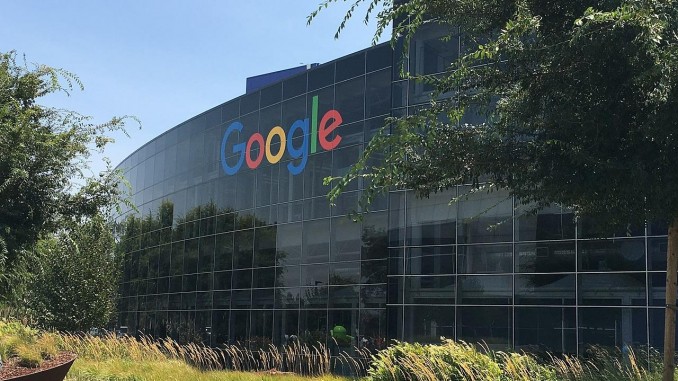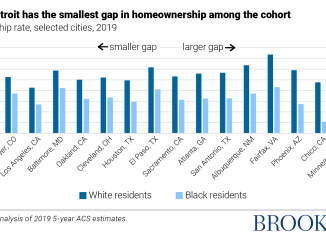
In December 2020, Google fired Timnit Gebru, an artificial intelligence (AI) researcher who was working for Google as co-lead of the ethical AI team. Well-known for her work on systemic bias in AI and how it can perpetuate systemic racism, she had co-authored a draft paper that was critical of large AI language models, pointing out negative effects. Although the paper has not yet been published, reports indicate that it raises questions about risks posed by large AI systems, such as environmental costs of the resources required to train the AI, and built-in biases in the models. Google executives asked her to retract the paper, stating that it didn’t meet Google’s standards for publication due to some flaws; she refused to retract it, resulting in her termination. Subsequently, thousands of Google workers and other supporters signed a letter in protest of Gebru’s termination.
Google stands to profit immensely from advances in AI. A paper critical of the AI work that Google conducts potentially stands in the way of these profits – so Google moved to censor it. Even supposing the paper was flawed, criticism of published works by other scientists – not by executives with a conflict of interest – is part of the scientific process. Instead, by trying to bury the paper before it could see the light of day, Google showed that it was afraid of what it had to say.
While Google may put on a public display of supporting progressive causes such as environmental sustainability and racial justice, the truth is that, like all corporations, its primary interest is profit. The corporation will “betray” those other causes if they conflict with this primary interest.




